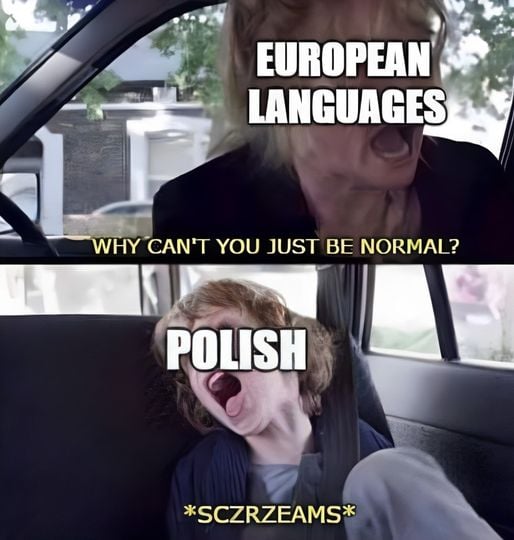this post was submitted on 24 Oct 2024
983 points (98.4% liked)
memes
14001 readers
1889 users here now
Community rules
1. Be civil
No trolling, bigotry or other insulting / annoying behaviour2. No politics
This is non-politics community. For political memes please go to !politicalmemes@lemmy.world3. No recent reposts
Check for reposts when posting a meme, you can only repost after 1 month4. No bots
No bots without the express approval of the mods or the admins5. No Spam/Ads
No advertisements or spam. This is an instance rule and the only way to live.A collection of some classic Lemmy memes for your enjoyment
Sister communities
- !tenforward@lemmy.world : Star Trek memes, chat and shitposts
- !lemmyshitpost@lemmy.world : Lemmy Shitposts, anything and everything goes.
- !linuxmemes@lemmy.world : Linux themed memes
- !comicstrips@lemmy.world : for those who love comic stories.
founded 2 years ago
MODERATORS
you are viewing a single comment's thread
view the rest of the comments
view the rest of the comments

English syntax hard?
There's a lot of issues with English. Most of them are for using loanwords without phonetically changing how they're spoken in the English alphabet. Then people wonder why they're spelled like Ledoux and sound like Lehdoo.
Romance. Romance languages are the fucking reason you word slurring tongue twats.
But hey, at least we're not Turkik.
Yes. Sequence of tenses. It's harder than Latin. As in, what the hell does "future-in-the-past" mean?
Or tenses (+aspect+mood) in general, I guess. You guys have too many of them.
As for the orthography, you know what is to blame. The Great Vowel Shift.
Yes, it is. It has 9001 rules for the allowed order of the words, 350 for each, and you have lots of those small words with grammatical purpose that don't really convey anything, but must be there otherwise your sentence sounds broken. Refer to my examples with yes/no questions and *blue famous raincoat (instead of "famous blue raincoat").
That happens because any language is complex, there's no way around. You can dump that complexity in the word order, like English does, or dump it in different word forms, like Polish; but you won't be able to get rid of it.
That's something else, the spelling. It's a fair point when it comes to contrast with Polish though - sure, the ⟨z⟩ might look odd, but it is consistent, most of the time you can correctly predict how you're supposed to pronounce a word in Polish.